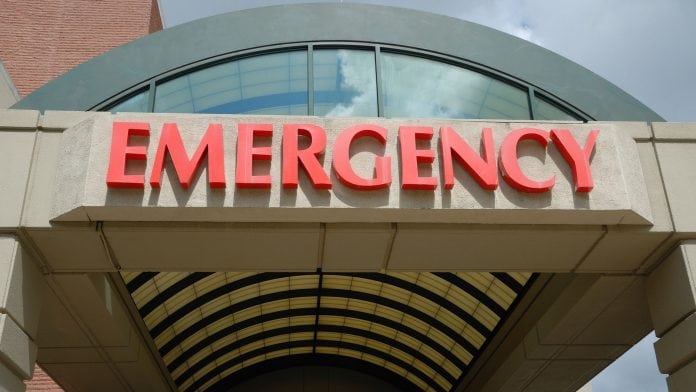
As NHS 70th anniversary celebrations take place today, experts are commenting on the current condition of the healthcare service, saying more needs to be done to improve the speed and quality of patient care.
Today marks the NHS 70th anniversary, which has already seen many people acknowledge and appreciate the free health service and everything it has done for the UK.
However, the NHS is still involved in a constant struggle which sees overcrowded A&Es putting an extreme strain on its staff and waiting times.
Pat Finlayson, senior product manager, telemedicine, at Polycom, has commented on the current state of patient care, explaining how new technology can help the NHS thrive going into the future.
How can the NHS successfully evolve?
Finlayson said: “It is clear that digital transformation is necessary for the future success of the NHS, but with revenues under pressure and resourcing issues growing post-Brexit, delivering this presents enormous challenges. For the NHS to successfully evolve, it needs to leverage new technology to improve the efficiencies of working practices and streamline the way patients can access its services.
“This week, the NHS demonstrated its intentions to put technology at the heart of its patient care, launching a mobile application that enables patients to book appointments, order repeat prescriptions and discuss urgent medical queries, much more conveniently. But it shouldn’t stop here. This technology can be used in combination with telemedicine – audio and visual technology – which has been proven in the private and charity sector.
“Organisations such as Operation Smile conduct remote patient treatment using telemedicine, massively scaling up the number of patients that can be treated every day. Some NHS trusts are also taking note, such as the state-of-the-art Cancer Centre at Guy’s & St Thomas’, which is using video technology to enhance treatment for patients.”
What does the future hold for the healthcare?
He continued: “We are moving towards a future where patients can book an appointment from an app and then receive on-demand treatment, medical advice and diagnosis through a video portal, at home or at work.
“This could help to deliver huge efficiencies across [the] NHS, reducing waiting times for treatment and outpatient care, whilst enabling frontline NHS staff to attend patients that require urgent medical attention. Businesses will also see benefits of such technology, reducing the time staff need to remove themselves from work to receive treatment.
“New technologies will be instrumental at solving resourcing challenges, driving efficiencies and improving access to care. As the NHS looks ahead to its future, harnessing the right solutions will be key to ensure it survives – and thrives – for the next 70 years.”
NHS England is expected to spend £126bn (~€143bn) in 2018/19.










